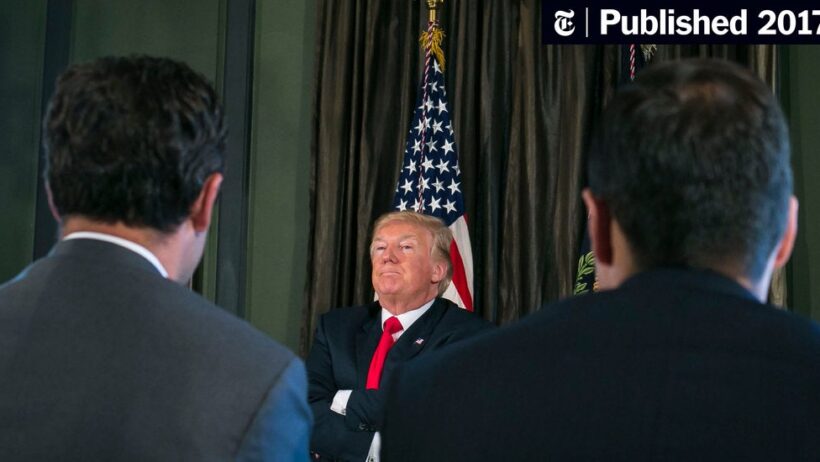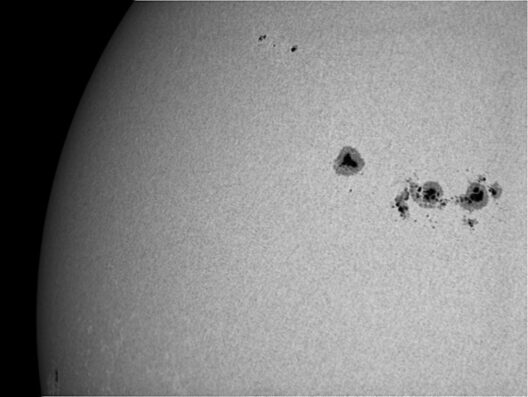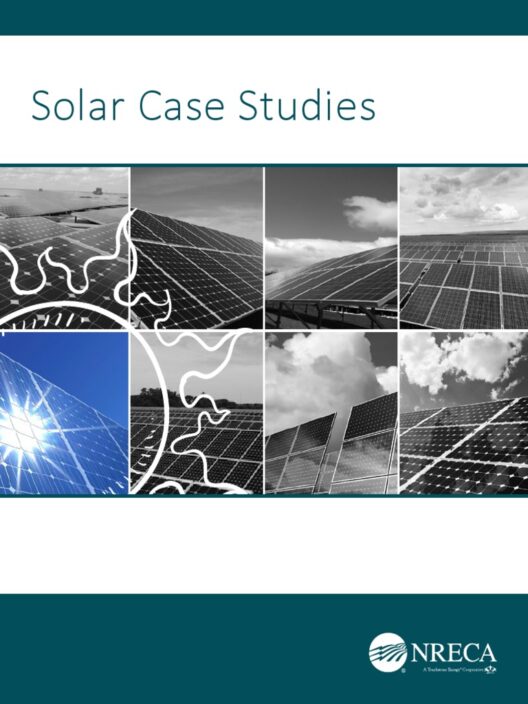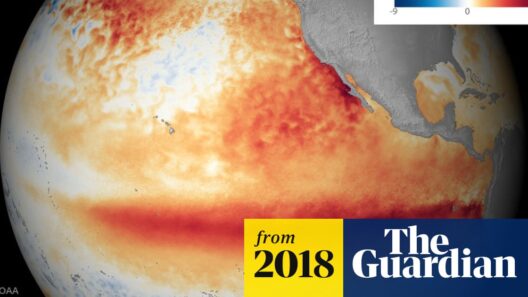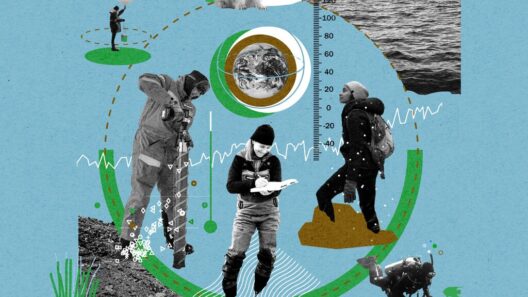The climate change debate has been a polarizing issue in American politics, particularly during the Trump administration. One intriguing question emerges from this contentious backdrop: Has Trump hired scientists to disprove global warming? This inquiry not only poses a challenge to the integrity of scientific discourse but also serves to highlight the often fraught relationship between politics and science.
During his tenure, Donald Trump exhibited a peculiar relationship with scientific evidence regarding climate change. Despite overwhelming consensus among climate scientists that human activity is a significant driver of global warming, Trump’s skepticism raised eyebrows. His administration received criticism for rolling back environmental regulations and promoting fossil fuels while simultaneously questioning established climate science. At the crux of this concern lies a potentially provocative inquiry: Why would a leader choose to fuel skepticism rather than bolster the scientific understanding of climate phenomena?
The administration’s approach to hiring and appointing scientists has often been scrutinized. One avenue to explore is the appointment of individuals to key positions in environmental agencies. Many of those selected came from backgrounds associated with fossil fuel industries or were known for their contrarian views on climate science. This led to a question that many climate activists and science advocates grappled with: Were these appointments made to discredit or undermine established climate science?
In particular, the Environmental Protection Agency (EPA) faced significant criticisms as Trump appointed Scott Pruitt as its head. Pruitt’s skepticism towards climate change and his ties to the fossil fuel lobby raised concerns about his commitment to upholding scientific integrity. During his tenure, many reported reductions in the agency’s focus on scientific research, and a modus operandi emerged that favored economic interests over environmental responsibility.
Contrarily, several scientists continued to voice their concerns about climate change, emphasizing the risks posed by greenhouse gas emissions. They advocated for a transition to renewable energy resources, arguing that the long-term benefits would far outweigh any short-term economic hardships. This scientific perspective clashed with the administration’s narrative, creating a divide that challenging perceptions of science’s role in informing policy.
This tension raises an essential point: when scientists are hired to support a specific agenda, are they serving the public good? The integrity of scientific inquiry is predicated on objectivity and impartiality. When scientists align with political motives, the very foundation of their findings may become compromised. This practice could foster a culture in which data can be manipulated to serve a particular agenda, leading to misinformation about climate change. Ultimately, this begs the question of whether credibility can be maintained in a politicized atmosphere that regards scientific evidence merely as a tool for exerting influence.
Moreover, Trump’s administration did not solely rely on scientists with track records of denying climate change. Some hires appeared conflicted, possessing scientific credentials yet adopting positions that were incongruent with their education. This paradox raises a critical challenge to the scientific community: How do we reconcile the allegiance of certain scientists to politically motivated agendas with their commitment to objective research?
The ramifications of aligning science with political motives are far-reaching. In the public arena, misinformation can precipitate actions that hinder environmental progress. For instance, the promotion of false narratives around climate change often leads to public apathy or even hostility towards environmental regulations. The perceived dichotomy between economic growth and environmental protection creates a false binary that turns public opinion against genuine climate initiatives, influencing legislation that could mitigate climate-related crises.
In a world increasingly affected by climate change, we must critically evaluate the integrity of the scientific enterprise. If scientists are hired to disprove climate change, where does that leave the public’s trust? Indeed, this line of questioning creates a substantial challenge to the perceived legitimacy of scientific institutions. It is imperative to recognize that science should not serve as a pawn in a larger political game but should instead act as a guiding force for policy grounded in fact. The consequences of ignoring scientific consensus can culminate in severe ecological disruptions, affecting biodiversity, weather patterns, and human livelihoods.
Encouragingly, grassroots movements and environmental organizations persist in rallying for scientific advocacy. They seek to hold politicians accountable for actions that undermine climate science, emphasizing the necessity of informed decision-making. It is within this context that citizens must engage with the scientific community, ensuring that policymaking reflects the evolving understanding of climate science rather than a transient political agenda.
Ultimately, the question posed about Trump’s hiring practices surrounding scientists and climate change transmutes into a call to action. It urges the public to critically assess the intersection between science and politics in the context of climate change. Vigilance in the face of misinformation is crucial, as is the advocacy for policies rooted in scientific evidence. The stakes of this inquiry are monumental: a world where decisions are made based on sound science instead of political expediency can lead us toward a more sustainable future.
In conclusion, as we grapple with the realities of climate change, it is essential to cultivate an environment where scientific integrity flourishes unencumbered by political machinations. Only then can we hope to meet the challenges posed by global warming effectively, with a united front bolstered by verifiable data. The challenge remains for both scientists and the public to push back against any attempts to undermine the reality of climate change and embrace the factual discourse that will guide us toward impactful solutions.



